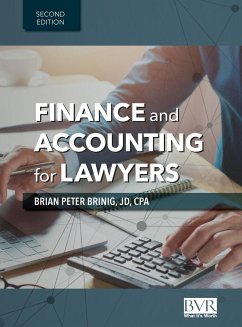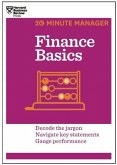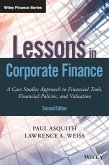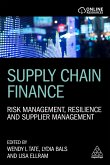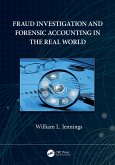The 2nd edition of this textbook serves as an introductory text for attorneys working with accounting and the business valuation world. It is the textbook used for a law school course of a similar title. The principles of accounting and finance directly extend to contract issues, torts, business and securities matters, taxation issues, partnership disputes, gift and estate matters, to name only a partial list. These areas of jurisprudence are often based significantly on substantive financial questions, and their measurement can be the heart of the entire matter. The application of broad accounting principles to countless business transactions requires an understanding of the objectives of financial reporting and the needs of the users of financial information. Contrary to popular belief, accounting is not a mathematical formula or calculation, but rather an organized system that logically summarizes business transactions into useable information that is meaningful to management, creditors, business investors and other stakeholders. This text takes readers through the system of accounting and the development of financial statements. Complexities and limitations of accounting information are explored, culminating in a study of ratio analysis of financial statements to glean relevant insights. The objective of this introductory study of accounting is to provide a broad, workable knowledge base that will facilitate the use of accounting information as it relates to the practice of law. The finance and valuation chapters present concepts and calculations of simple and compound interest, present value and annuities. In the area of business valuation, the reader is exposed to Revenue Rulings 59-60 and 68-609, two seminal rulings on business valuation issues as well as a complete example and explanation of a small business valuation analysis. This expanded and updated text contains three chapters on damages covering definitions, legal concepts underlying damages analyses and classifications of damages (general, special, economic, non-economic and punitive) with one chapter devoted to personal economic loss calculations and another focuses on commercial damages. There is a new chapter dedicated to determining personal income and, finally, the text concludes with a chapter on opinion evidence and expert testimony with consideration of the legal privileges applicable to experts and techniques for taking effective expert depositions and cross-examining experts at trial. Finance and Accounting for Lawyers, 2nd Edition is drawing praise from professors across the country as the "ideal" text for a course of this nature.
Hinweis: Dieser Artikel kann nur an eine deutsche Lieferadresse ausgeliefert werden.
Hinweis: Dieser Artikel kann nur an eine deutsche Lieferadresse ausgeliefert werden.

